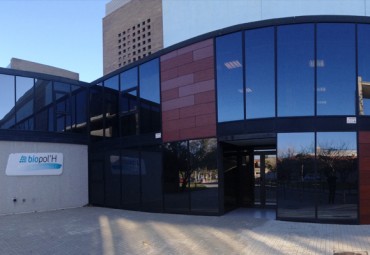Predictability Modulates Rhythm Learning and its Neural Components
Predictability is a key component for understanding several aspects of music from pure perception to musical pleasure. Rhythm is no different from other musical features in this sense: predictability is a core concept to understand how we perceive temporal information. However, predictability in the rhythm production domain has been studied tangentially.
In this study, 74 non-musicians performed a rhythm learning task to assess how different degrees of predictability modulated production. To do so, we manipulated predictability in two different ways. First, different rhythms were created and analyzed using IDyOM. This model allows us to mimic the enculturation of music and map the statistical features of different excerpts and gives us a measure of how unpredictable events are based on a corpus. Second, we gave visual information that helped participants to decode the temporal information of the rhythms at different levels. With these manipulations, we were able to analyze how predictable each note of the rhythm was and how this feature modulated performance plus the components associated with performance monitoring (Error Negativity and Error Positivity) crucial for a motor skill such as rhythm learning.
The results showed a crucial effect of predictability at behavioral and electrophysiological levels. The predictability of the notes to be produced increased the accuracy of participants’ responses and was captured by error-related components, indicating that these components are linked to performance not only by assessing the responses’ accuracy but also the strength of the expected response.
ZOOM LINK: https://ub-edu.zoom.us/j/97662539736
Or in person attendance: Modular Building, room 1.5
 |

